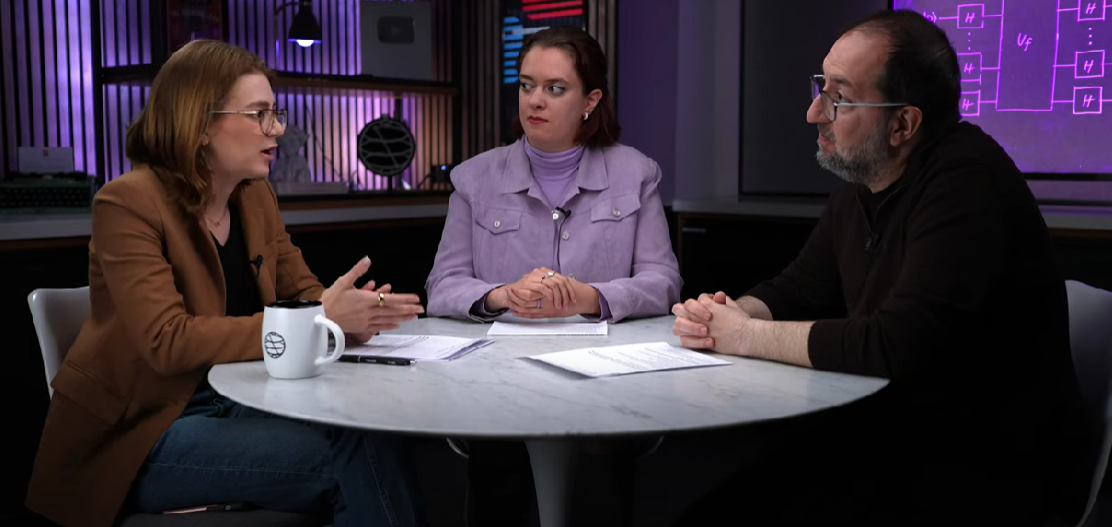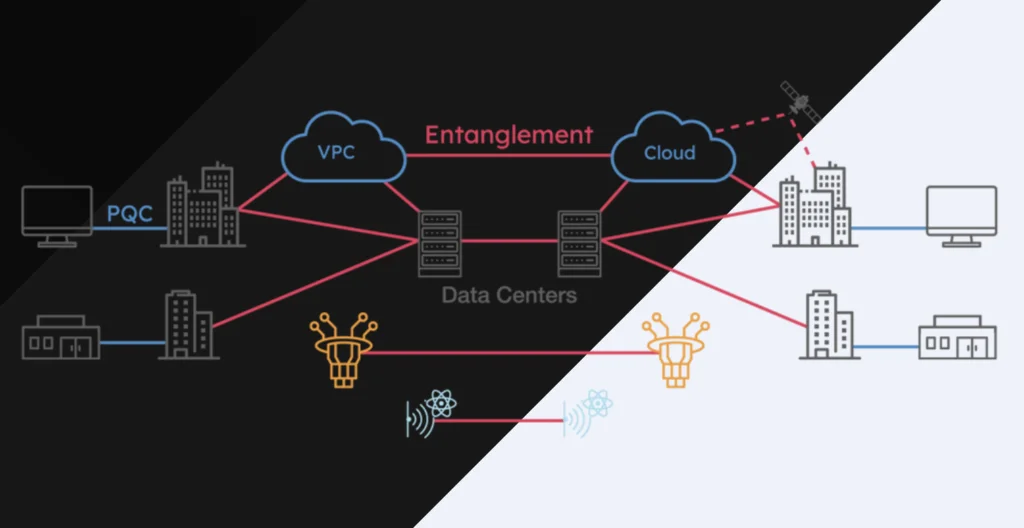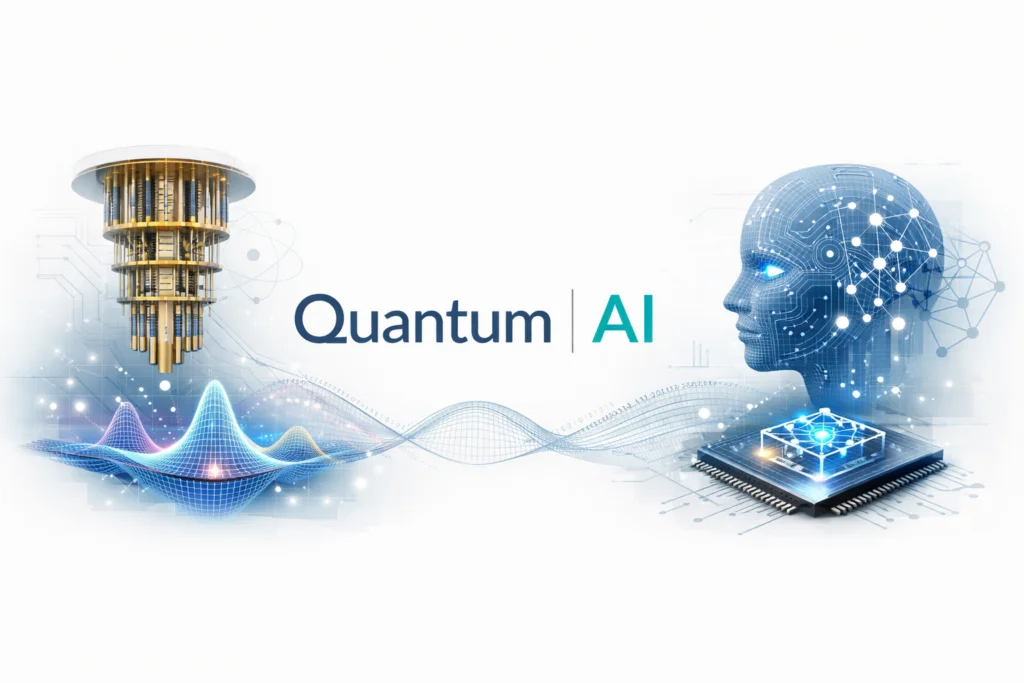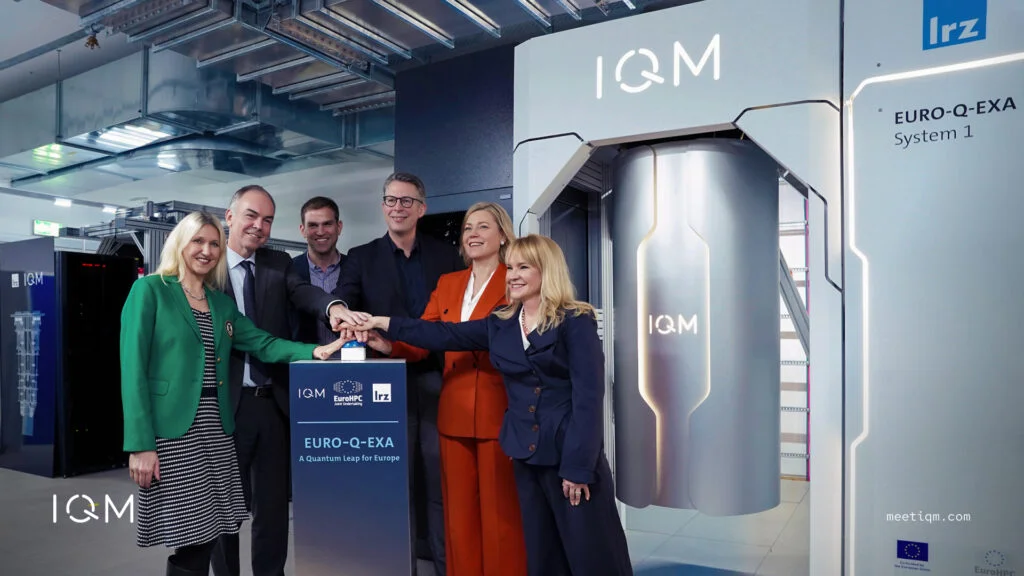Ismael Faro is a classical computer engineer who has been an important individual in developing IBM’s quantum software ecosystem since 2015. From putting the first quantum computer on the cloud in 2016 to launching Qiskit and overseeing the integration of classical and quantum computation, Faro’s deep expertise in software services has been pivotal to making quantum computers widely accessible.
As VP of Quantum Services and Data, Faro is now responsible for utilizing classical AI to streamline and optimize the entire quantum software stack. In a recent Quantum Crosstalk interview, his brained was picked on this burgeoning field.
The core concept, as Faro explained, is “how we can use the AI to improve the quantum part, how we can put AI in these classical components to improve the classical part to at the end have better results in the quantum computer.”
One powerful example is the new AI-powered transpiler service.

“We use something that the technical people call reinforcement learning,” said Faro. “The idea is how you can put a problem in front of the model, the AI component, and the AI tries to find the better path.”
By training AI models on volumes of quantum circuit data, the transpiler can discover novel optimization strategies that surpass human methods. As Faro describes: “When you see how the model, how the AI solves the problem you say ‘oh, you see’ and it’s interesting.”
However, Faro stressed that this is an interdisciplinary effort merging multiple expertise areas.
“We have a strong relation between our theory in transpilation, this AI thing, and the heuristics,” he said, adding “we talk with the theory people and they say ‘I’m going to challenge you to the next level.’”
Looking ahead, Faro sees AI playing an increasingly vital role in streamlining the entire quantum workflow from a user experience perspective.
“We are going to continue to add small components this year and next year to facilitate the user experience,” he said, citing upcoming features like AI-guided code optimization suggestions.
But the potential extends far beyond human-facing applications.
“In the long-term, we need to use AI to coordinate all the resources between classical and quantum,” said Faro, envisioning that as quantum computing scales to include multiple devices of various qubit sizes, intelligently orchestrating distributed classical and quantum resources will become imperative.
Faro also stressed quantum error mitigation as “something that we try to explore how to use AI to improve.” Given the sheer complexity of quantum error correction, leveraging AI to uncover new techniques could propel the field forward.
Throughout the interview, one overarching theme is clear — classical AI will be indispensable to unlocking the next frontiers of quantum computing.
“Pretty much anywhere that classical software is supporting quantum computing is probably a space where there is some potential for AI to improve those classical parts,” Faro summarized.
As the quantum software stack grows increasingly vast and intricate, injecting AI at multiple integration points will be crucial for delivering a streamlined end-user experience while harmonizing quantum and classical workloads. Faro’s team is pioneering this AI-centric approach, shaping the quantum future one classical model at a time.
Featured image: Credit: Quantum Crosstalk
















